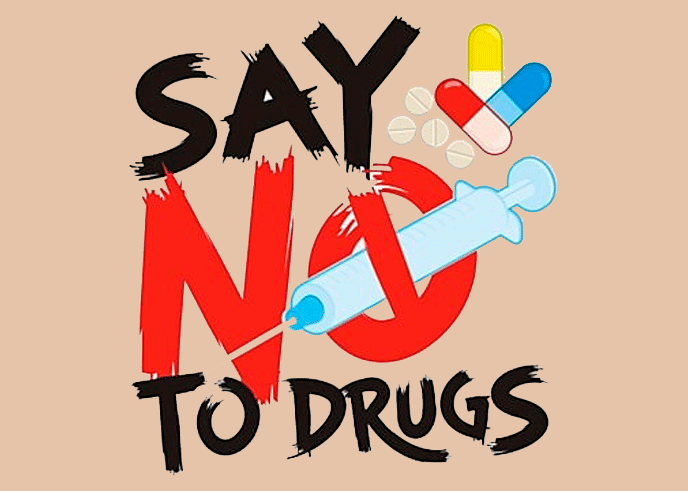This article was published in The Citizen Newspaper – Tanzania on June 30, 2025.
Shimbo Pastory
The problem of drugs abuse and illicit trafficking is a global problem, and has over time required collaborative international action to cut the chains of the illegal business. Over time it has been tough to end the drug business as it is a multibillion dollar business capable of so much financial influence.
Our concern is not whether at the global level this fight is successful or not. We are rather concerned on advocating for supportive care as we help more and more people, especially young people to stay away from drugs use and business, and to recover into a lifestyle of full sobriety and abstinence.
Locally, numbers suggest that there is an increase in the rate of drug use, with more than 59 per cent of drug addicts, as sampled by comprehensive cross sectional research, admitting to have used drugs for the first time in their early youth years, 15 to 24 years of age, and most used drugs for more than 10 years upon reaching the age of 30 (Harrieth Ndumwa, et al. “Drug use and associated factors in a North Eastern region of Tanzania: a cross-sectional study”, Pan African Medical Journal, 2022).
The same increase is testified in a research conducted in 12 regions in 2018 and the increase in People who Use Drugs (PWUD) and People who inject drugs (PWID) was as well linked to an increase in numbers of HIV cases due to the carelessness and desperation of those involved in the drug circles who end up sharing even syringes. (Joel Ndayongeje, et. al., Illicit drug users in the Tanzanian hinterland, AIDS Bevah. Journal. 2018).
In Tanzania’s country statement during the 66th CND meeting in Vienna, Austria in 2023, it was acknowledged that the years 2018 to 2022 were particularly hectic as the country experienced a surge in drug trafficking in the country as well as into the country.
Statistics of the confiscated drugs mentioned in the statement for that period include 176 tonnes of cannabis, 130 tons of khat, 3 tons of heroine, 38 kilograms of cocaine, and half a ton of methamphetamine, a new kind of drug imported from south East Asian countries. (United Nations Office on Drugs and Crime: “Statement of the United Republic of Tanzania,” Vienna: 2023).
Our focus here is not the frightening numbers; it is rather the human persons behind those numbers. More importation and sale of drugs means there are more and more people using drugs, more young people introduced into the drugs chains as facilitators as well as users, and as such more destruction for our reliable workforce particularly because the increase is mostly among young people.
As we mark this World Drug Day is important we recognize the importance of investing in prevention as the impact of drug use is far-reaching and is already a deep dive into criminal circles given the secretive nature of the whole agenda.
Drug use can be secretive, but the results are always public and hardly reparable. Stresses of life can be eased by other ways, particularly seeking professional help, and not by doing drugs. In the same way, earning a little from a legit work is much better than risking one’s entire life and reputation by engaging in drugs business and ending up in jail for life.
The theme of this global advocacy this year is “ Breaking the Cycle, #stoporganizedcrime.” We cannot be of help unless we choose to voice our objection to drug use, and teach those around us to stay away from drugs. Prevention yields much more than waiting to cure the effects.
We should as well be keen to spot the organized normalization of drug use especially as enveloped in entertainment.
Music and movies have evolved to be tools for inappropriate campaign for substance use, which young people who watch those movies and music may be tempted to think that substance use is cool and fun, until things go irreparably wrong.
Substance abuse, aside from its own health side effects has been closely associated with unsafe sexual relations and promiscuity which places those involved in danger of many other diseases.
It is important that this knowledge reaches our educating system from the grassroots. The fight against drugs is an emergency and should be treated as one, as if care is not taken, we will have a whole lot of young people affected. Our support system for people who use drugs and those seeking recovery is not yet very efficient.
Nonetheless, we should treat those who are affected with love and care and help them in their journey to recovery. Ostracizing them does not help much, though it seems to be an easier solution, especially for parents who seek to protect their children from bad influence.
The government can as well organized more and more regular advocacy programmes for the most endangered groups, especially young people.
Shimbo Pastory is an advocate for positive social transformation and a student of the Loyola School of Theology of the Ateneo de Manila University, the Philippines. Website: www.shimbopastory.com.
